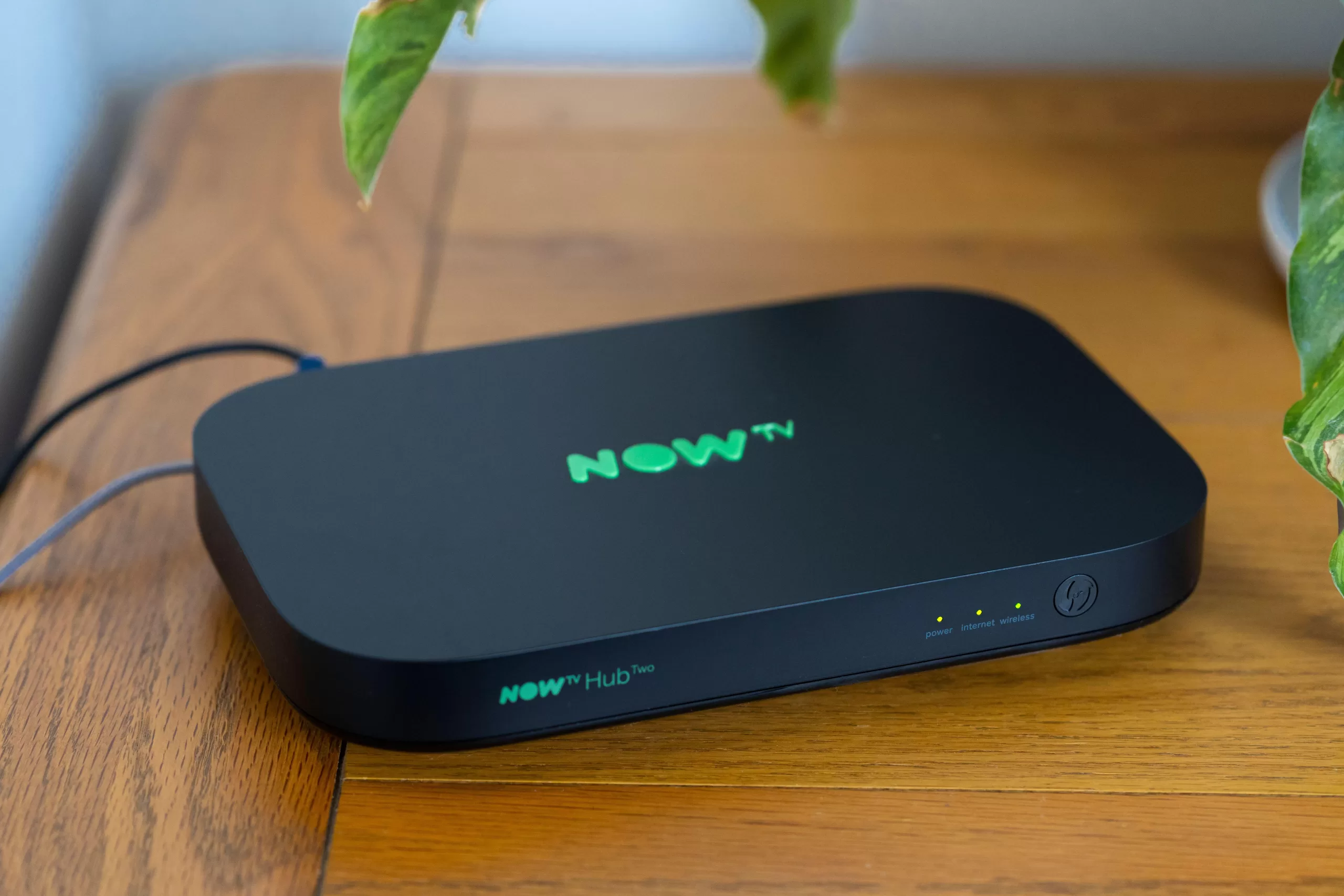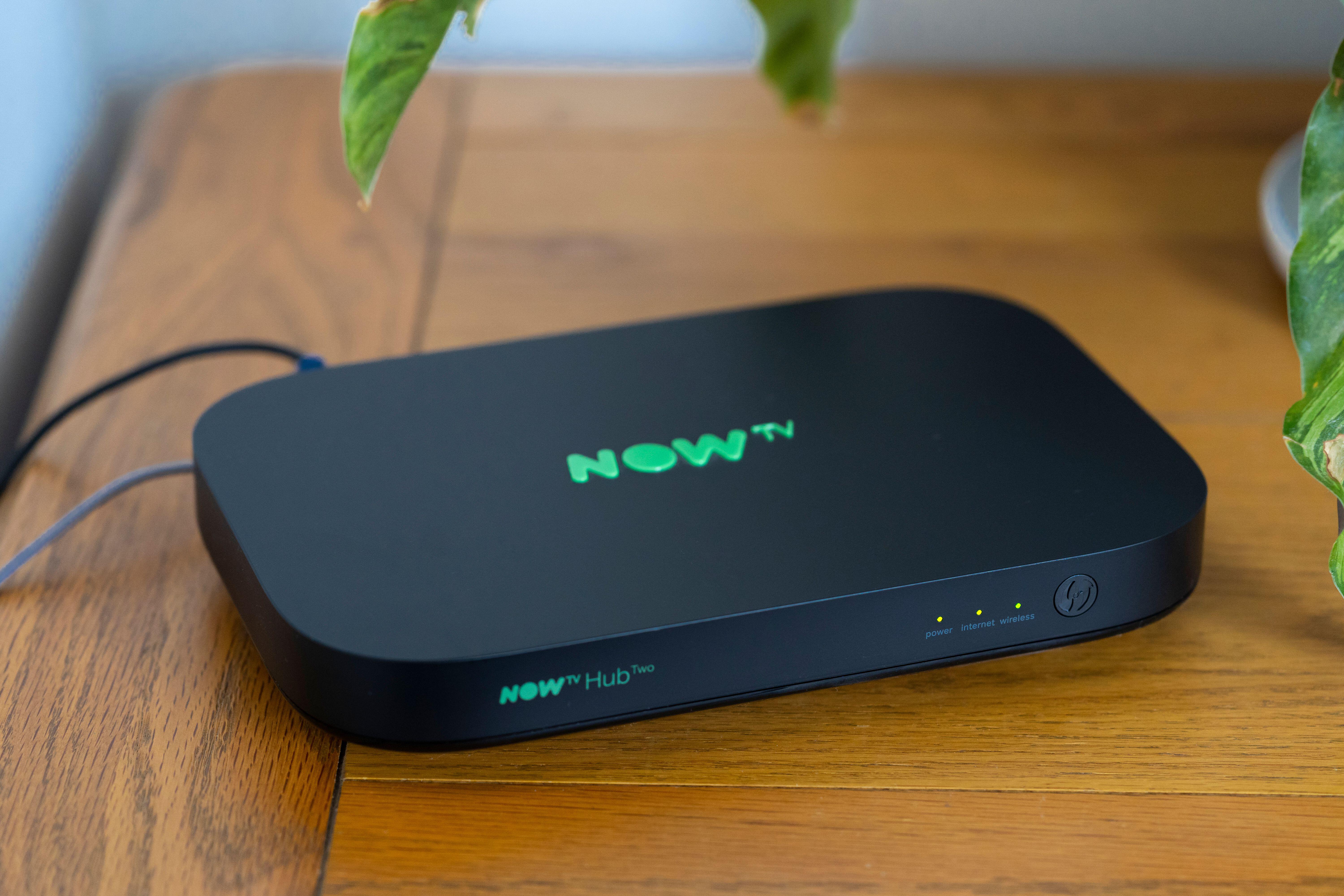NOW is increasing the prices of its broadband tariffs for the second time since its launch back in 2018.
The move is expected to affect thousands of customers, but Sky, which owns the brand, wouldn’t tell us the exact number.
The average customer’s bill will increase by £36 a year, which is £3 more per month.
The hike in prices will take effect from Friday, July 5.
A statement on the NOW website said: “We understand that things are tough right now, and so alongside investing in improvements, we’re committed to keeping prices as low as we can.
“The costs of providing services have, however, increased significantly, and it’s affecting the entire industry.
“Many other providers have raised their prices, and we’ll be making some changes too.
“The prices of our broadband membership plans will be going up by £3.
“You’ll see the price change reflected in your bill on or after 5 July 2024.”
It comes after millions of BT, Sky, TalkTalk and Virgin Media customers saw their bills rise by up to £50 a year in March and April.
But some customers won’t be affected by the price rises.
If you’re signed up to a Now Broadband Basics tariff because you claim Universal Credit or other benefits, your prices will not change.
The tariff cost will remain fixed at £20 a month to help those on lower incomes.
But if you are affected by the price hike, you may be able to cancel your contract early.
Can I cancel my contract early?
If you’re not happy with your service, it’s important to know how cancellations work and the rules surrounding them.
With most firms, you can usually only cancel penalty-free if you’re outside of your contract minimum term, which is normally the first 12 to 24 months.
After that, you have the option to switch elsewhere.
But because Now Broadband’s contracts don’t include much detail on price rises, customers have a right to leave early without facing a penalty.
If you’re unhappy with the price hikes and wish to leave, you must tell Now within 31 days of receiving notification of the price increase to avoid being charged.
How can I save money on my broadband and mobile contracts?
Switching contracts is one of the single best ways to save money on your broadband bills.
But if you can’t switch mid-contract without facing a penalty, you’d be best to hold off until it’s up for renewal.
In the weeks before your contract is up, use comparison sites to familiarise yourself with what deals are available.
It’s a known fact that new customers always get the best deals.
Sites like MoneySuperMarket and Uswitch all help you customise your search based on price, speed and provider.
This should make it easier to decide whether to renew your contract or move to another provider.
However, if you do not want to switch and are happy with the service you’re getting under your current provider – haggle for a better deal.
You can still make significant savings by renewing your contract rather than rolling on to the tariff you’re given after your deal.
You could save up to £210 a year on your bills by haggling alone.
If you need to speak to a company on the phone, be sure to catch them at the right time.
Make some time to negotiate with your provider in the morning.
This way, you have a better chance of being the first customer through on the phone, and the rep won’t have worked tirelessly through previous calls which may have affected their stress levels.
It pays to be polite when getting through to someone on the phone, as representatives are less inclined to help rude or aggressive customers.
Knowing what other offers are on the market can help you to make a case for yourself to your provider.
If your provider won’t haggle, you can always threaten to leave.
Companies don’t want to lose customers and may come up with a last-minute offer to keep you.
It’s also worth investigating social tariffs. These broadband packages and discounts have been created for people who are receiving certain benefits.
They’re often available to those on income support, universal credit, or disability allowance.
SOCIAL BROADBAND TARIFFS
SEVERAL internet companies provide special discounted rates for customers who are on Universal Credit or other benefits.
BT offers a basic phone and broadband package for households that claim certain benefits.
You could be eligible to get the cheaper broadband deal if you get one of the following benefits:
- Income Support
- Income-based Jobseeker’s Allowance
- Pensions Credit (Guaranteed Credit)
- Employment and Support Allowance (Income related)
- Universal Credit (and are on zero earnings)
The monthly phone line rental costs £5.16 and includes free weekend calls for up to an hour to 0845 and 0870 numbers.
It also comes with a call allowance of £1.50 and a £10 monthly price cap.
You can add broadband to the BT Basic line for £10.07.
The price cap means that no matter how many calls you make, the most you’ll pay each month is £15.16 or £20.07 with broadband if you keep with the eligible calls included within the price cap.
Virgin Media also offers a cheaper deal for people on Universal Credit which costs £12.50 a month.
It is a 30-day rolling contract so you can switch back to your usual service whenever you choose to.
The broadband deal doesn’t come with a phone line, and there’s no way of adding one, so this probably isn’t the right deal for you if you need a landline for emergencies.
It’s important to shop around when you’re looking for a new broadband deal, as other internet packages could be more suited to your needs.
You can see which providers offer these cheap tariffs by visiting www.ofcom.org.uk/phones-telecoms-and-internet/advice-for-consumers/costs-and-billing/social-tariffs.

